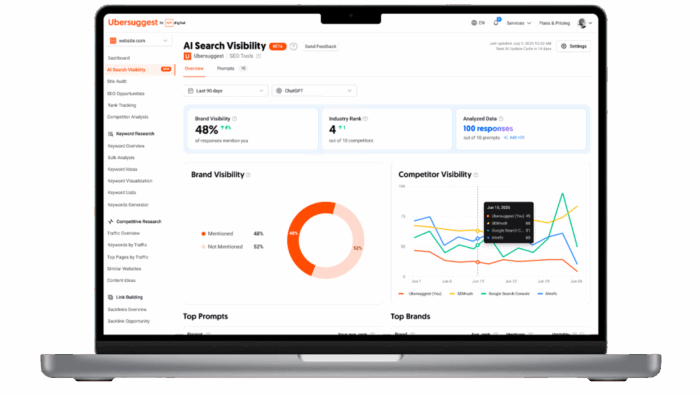Mediahub digs deeper into the metaverse with new partnership
Agency's deal with metaverse builder LandVault gives it preference over other Web3 vendors for Mediahub clients.

Mediahub is partnering with LandVault, a company that specializes in metaverse solutions, from helping marketers buy land all the way through to strategizing, monetizing and tracking activations.
As part of the partnership, LandVault, which calls itself the “largest building company” in the metaverse, will assist Mediahub in providing Web3 strategy and consulting services to clients interested in entering the space. Under the terms of the deal, dubbed a "preferred partnership," LandVault will get the first crack at Web3 projects for Mediahub's clients.
“There are a lot of agencies out there that are just kind of exploring Web3 but don't have either a Web3 task force or team, or even a strategy on how their client could enter the space," said LandVault founder and CEO Sam Huber. "We were impressed with the thinthanklsking and strategy [Mediahub] put into their side of the business and their vision to get their brands into the metaverse."
RFP process
The Interpublic Group of Cos. agency and LandVault have developed an RFP with questions for existing and potential clients aimed at defining the brand's knowledge of Web3. The purpose is to help inform the right metaverse strategy for the brands.
“It includes a lot of considerations a traditional media person might not think about,” Laurel Boyd, chief creative media officer at Mediahub, said. “Simple things like 'Do you want to buy land or are you going to lease land?' 'Who from the client side is going to sign off on this and is there a designated team?' Because it's almost like a social community, you have to maintain it. It's not just one and done.”
Huber says he often gets requests from clients and agencies asking for short-term metaverse activations that are “tailored to Web2 key performance indicators” such as frequency, clicks, and reach.
“The metaverse is more of a long-term play,” Huber said. “You need to build a presence in the metaverse and yes, it could be updated around specific events of course, but it's generally not something that you would just do for two weeks like a banner campaign.”
Mediahub, which opened a metaverse office in December, is also launching its own Web3 offering called Rabbit Hole Ocean, a small team within its creative media group Radical + Disruptive Lab. The offering currently has three employees and will be led by Simeon Edmunds, senior VP and creative director at R+D Lab.
The partnership and new offering come as interest in metaverse work has grown, according to Boyd, who said that around half of Mediahub clients are asking questions about the metaverse, and “roughly 30%” are “interested in really doing something.”
Metrics that matter
LandVault has around 130 “builders” on staff according to Huber. It has worked with several brands in the space, including Heineken, L'Oreal and Mastercard, the latter for an activation centered around Pride Month. None of those three are Mediahub clients, according to an agency spokeswoman.
“We are discussing with them [Mastercard] right now, they can come back and establish an HQ, like a base, which could be then updated every quarter or every month around specific events,” Huber said. “I think brands are starting to understand it's kind of like a social media profile where, you can create your Instagram page and that's like the base, but you need a content strategy to keep driving people to the page.”
Huber says two KPIs are emerging as key success metrics in the metaverse: engagement and driving sales, pointing to March’s Metaverse Fashion Week in March, which LandVault helped host.
“Even though the total number of people [who attended] was fairly small, a couple hundred thousand people, there was a 70% conversion rate on some experiences because people that are there are there for a reason, and they have high disposable income [and a] crypto wallet,” Huber said. "For those brands, the KPI they were looking for was not PR awareness or hype. It was actual sales of digital products. So we're starting to see that this is all crystallizing towards real metrics that actually matter.”

 AbJimroe
AbJimroe 



























.jpg&h=630&w=1200&q=100&v=f776164e2b&c=1)



